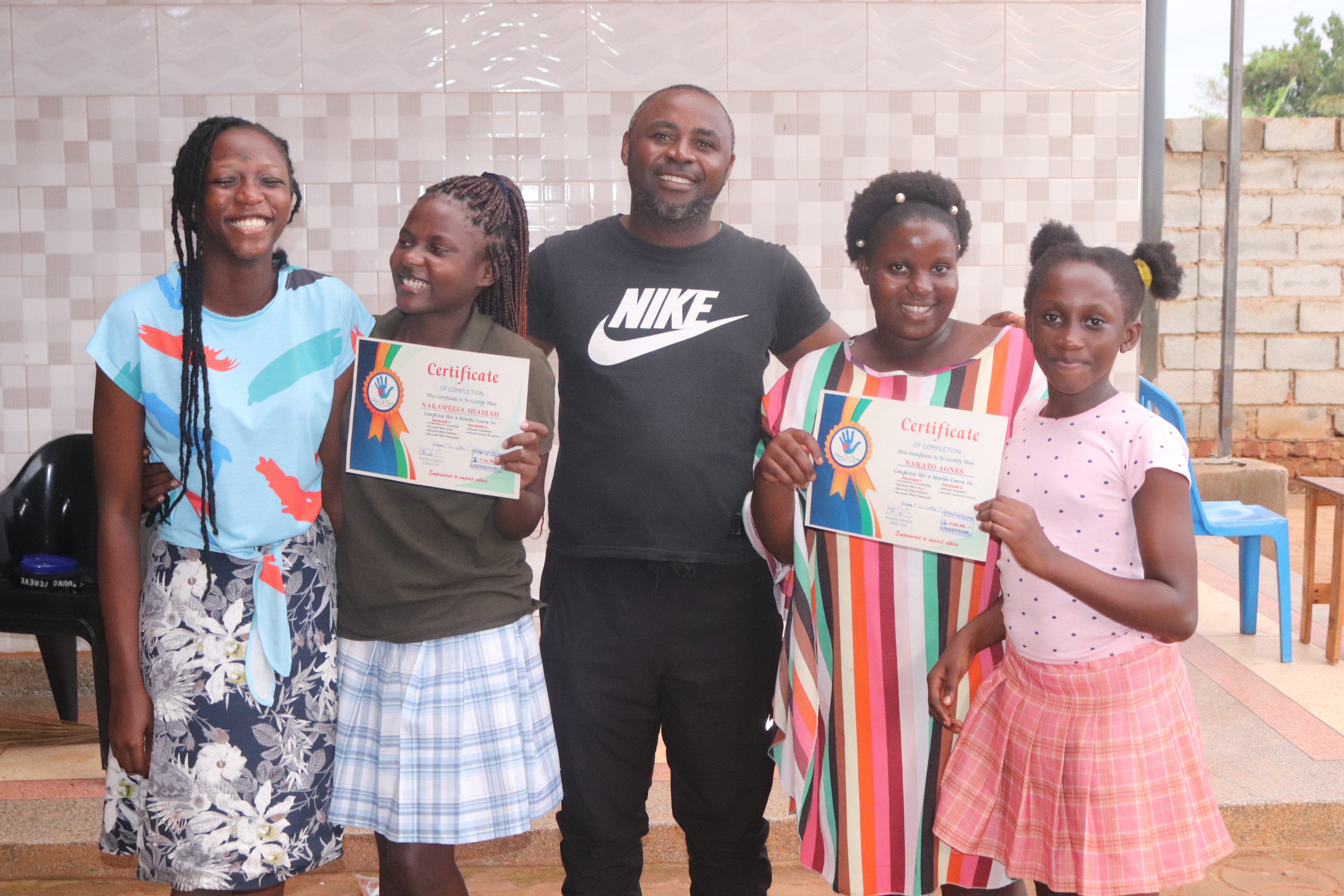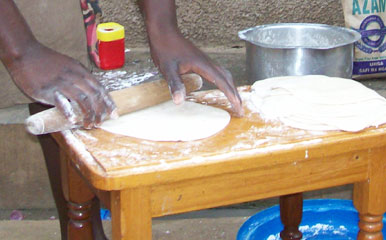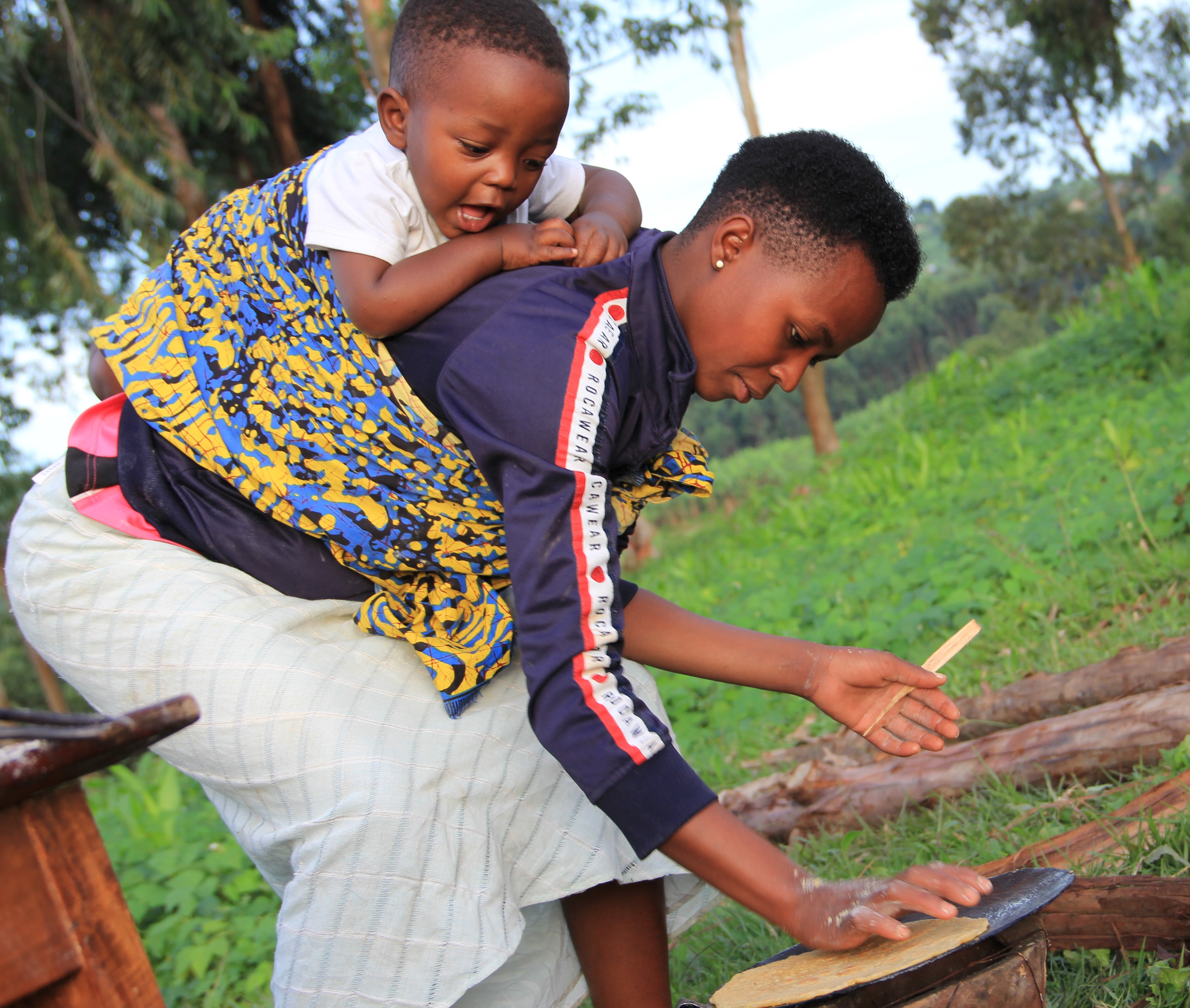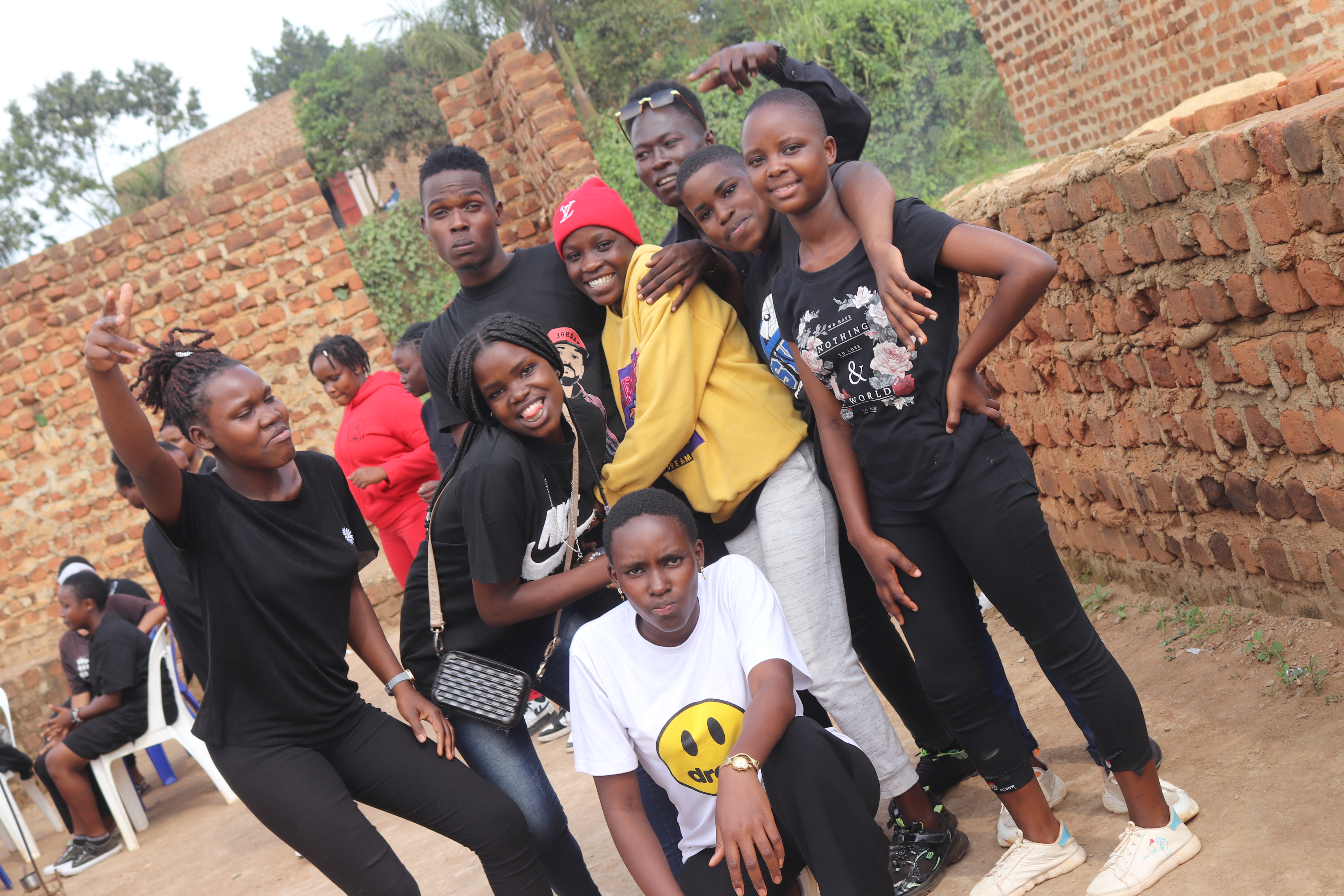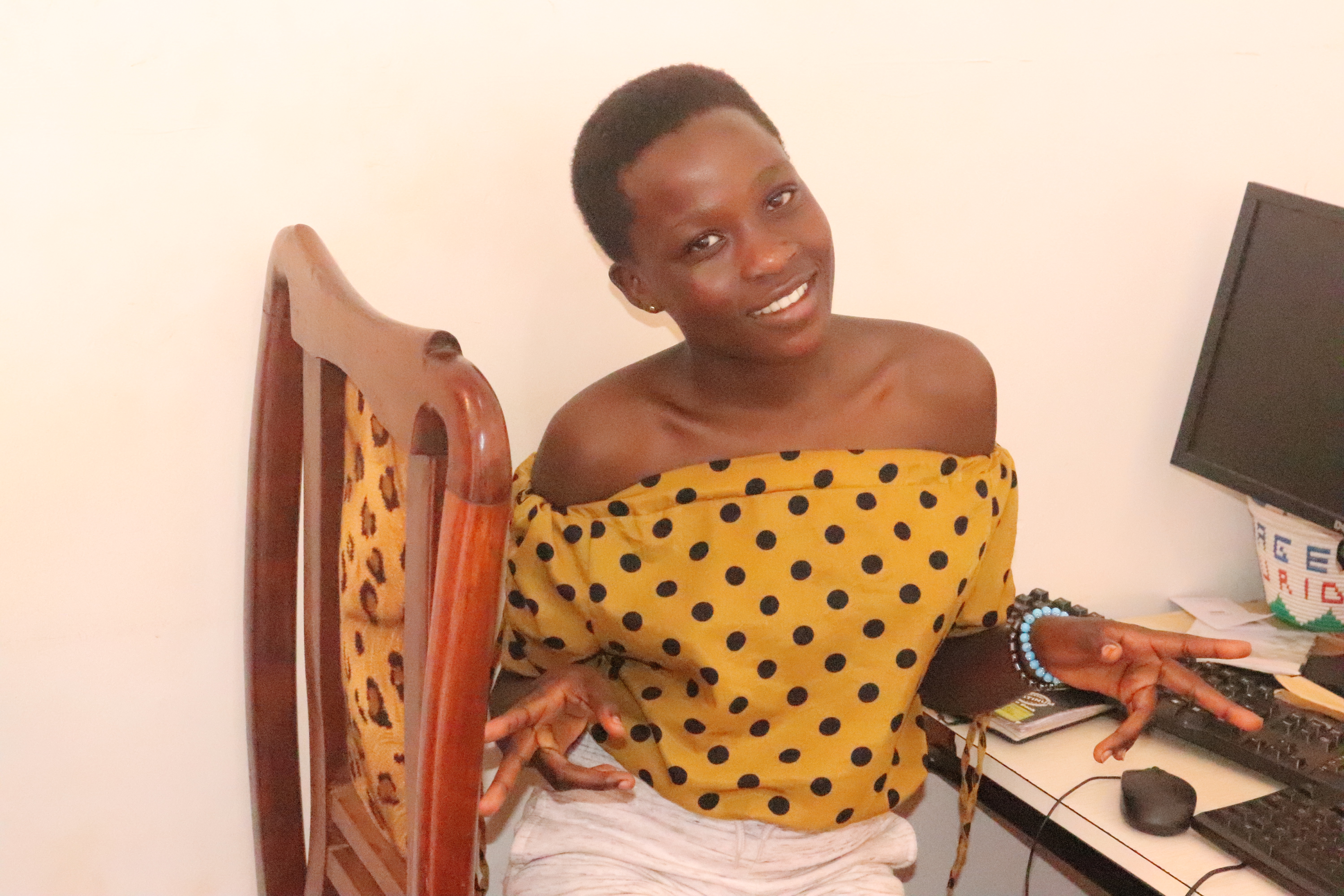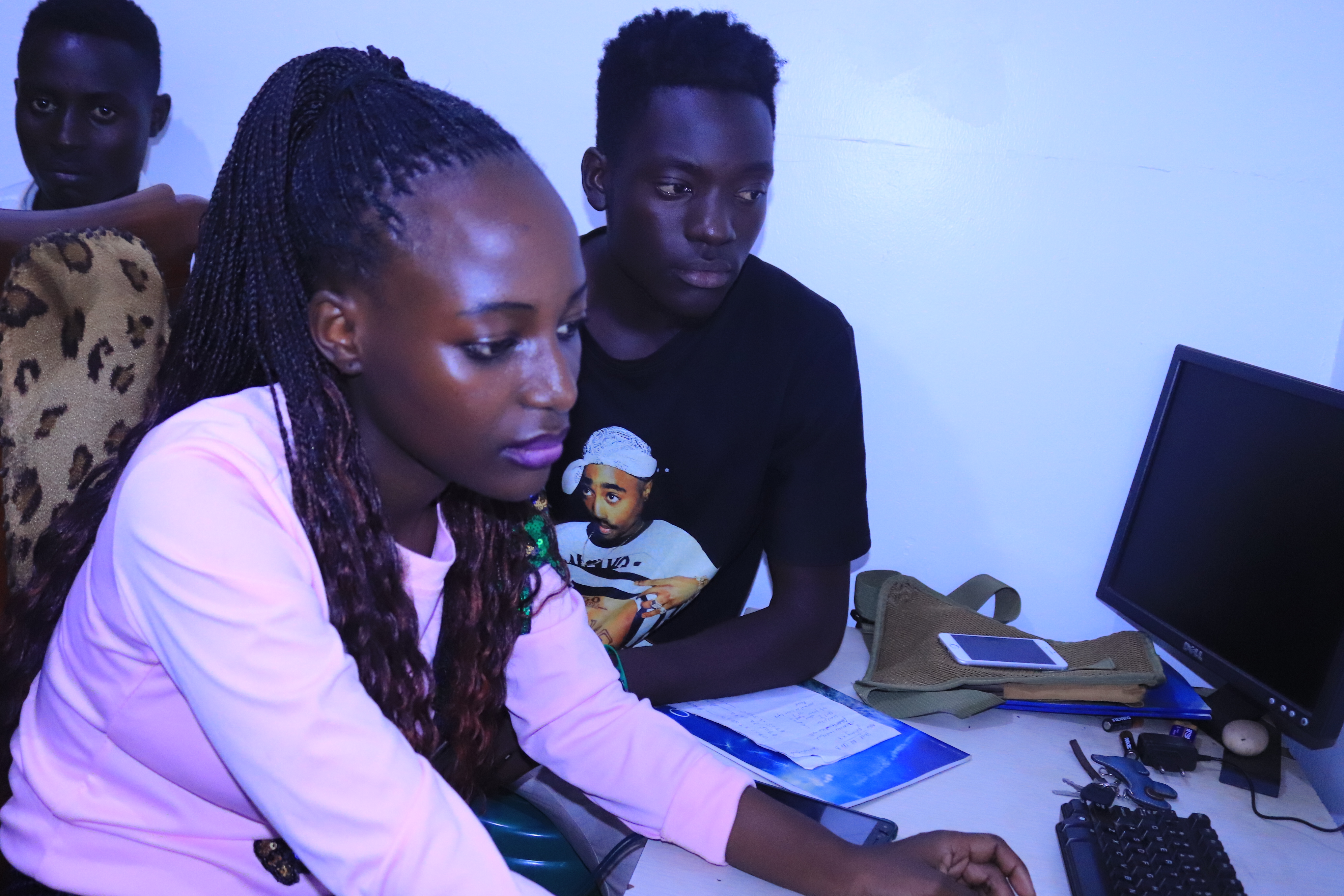Empowering Women: How Pivot of Grace is Lifting Ugandan Women out of Poverty
In Uganda, women bear the brunt of poverty. Despite their vital role in the economy, many women are trapped in a cycle of financial dependency, limited opportunities, and lack of access to resources. For rural women, the challenges are even greater, with cultural norms and economic constraints often preventing them from reaching their full potential.
Pivot of Grace, a community-based organization, is on a mission to change this narrative by empowering women through education, skills development, and economic opportunities. This article explores how Pivot of Grace is helping Ugandan women break the chains of poverty and build brighter futures for themselves and their families.
The Reality of Women and Poverty in Uganda
In Uganda, women face numerous obstacles when it comes to achieving financial independence. Gender inequality, limited access to education, and cultural traditions that prioritize men’s financial well-being over women’s have left many women struggling to support themselves and their families. Rural women are particularly vulnerable, often having to rely on subsistence farming or low-paying jobs to make ends meet
Moreover, many women are the primary caregivers in their households, responsible for raising children and managing the home. This burden of unpaid labor leaves them with little time or energy to pursue income-generating activities, keeping them trapped in poverty.
Sarah, a mother of four, shares her story: “I worked in the fields all day, but it was never enough. I couldn’t save any money, and I didn’t have the skills to get a better job. I felt stuck.”
Pivot of Grace’s Women’s Empowerment Programs
Pivot of Grace is working to lift women like Sarah out of poverty by providing them with the tools and resources they need to succeed. The organization’s Women’s Empowerment Programs focus on three key areas: education, skills training, and access to financial resources. Through these initiatives, Pivot of Grace is giving women the opportunity to break free from the cycle of poverty and become financially independent.
1. Education and Literacy Training
For many women, the first step towards empowerment is education. In Uganda, literacy rates among women, especially in rural areas, are significantly lower than those of men. Pivot of Grace is addressing this issue through its adult literacy programs, which teach women to read, write, and do basic math—skills that are essential for participating in the economy.
In addition to literacy, Pivot of Grace offers financial literacy training to help women understand how to manage their money, save, and budget effectively. This education not only equips women with the skills they need to improve their own financial situation but also empowers them to make informed decisions for their families.
Margaret, a 40-year-old mother who attended Pivot of Grace’s literacy program, shares her experience: “I never went to school when I was young. Now, I can read and write, and I feel confident managing my small business. I’m proud of what I’ve achieved.”
-
2. Skills Development for Economic Independence
Beyond education, Pivot of Grace offers Skills Development Programs designed to help women generate income and achieve economic independence. These programs teach women marketable skills such as tailoring, handicrafts, baking, and small-scale farming. By learning these skills, women can start their own businesses, earn a steady income, and provide for their families.
Through Pivot of Grace’s support, women like Esther have transformed their lives. “I learned tailoring through Pivot of Grace,” Esther says. “Now, I have my own shop, and I’m able to send my children to school. I never imagined this was possible.”
By connecting women with markets and helping them develop entrepreneurial skills, Pivot of Grace ensures that women not only acquire new talents but also have the means to turn those talents into sustainable businesses.
-
3. Access to Financial Resources
One of the biggest challenges facing women in Uganda is access to financial resources. Many women, especially those in rural areas, do not have access to banks or formal financial institutions. Without savings accounts, loans, or credit, it is nearly impossible for them to invest in their businesses or expand their income-generating activities.
Pivot of Grace is addressing this gap through microfinance programs that provide women with small loans and savings opportunities. These loans, often given to groups of women, allow them to start or grow their businesses, invest in equipment, and improve their livelihoods.
Through the Village Savings and Loan Associations (VSLAs), women come together to save money, lend to each other, and support each other’s financial goals. This system not only provides women with the financial resources they need but also fosters a sense of community and solidarity.
The Impact of Empowering Women
Empowering women has far-reaching effects—not just for the women themselves but for their families and communities as well. When women have the tools and resources they need to succeed, they are more likely to invest in their children’s education, improve their family’s health, and contribute to the overall well-being of their communities.
Florence, a participant in Pivot of Grace’s programs, reflects on the changes in her life: “Before Pivot of Grace, I was struggling to feed my children. Now, I run a successful business, and I can provide for my family. I’m also helping other women in my village start their own businesses.”
By lifting women out of poverty, Pivot of Grace is creating a ripple effect of positive change. Women who once had no hope of improving their circumstances are now thriving, and their success is helping to transform entire communities.
Challenges and the Way Forward
While Pivot of Grace’s programs have made a significant impact, challenges remain. Cultural norms and gender biases are deeply ingrained in many communities, making it difficult for some women to fully embrace their newfound independence. Additionally, funding constraints limit the organization’s ability to reach more women in need.
However, Pivot of Grace remains committed to its mission of empowering women and lifting families out of poverty. With continued support from donors, volunteers, and partners, the organization will expand its programs, reach more women, and continue to drive positive change in Uganda.
A Future of Opportunity for Ugandan Women
The future is bright for women in Uganda, thanks to the efforts of organizations like Pivot of Grace. By investing in education, skills development, and financial resources, the CBO is giving women the opportunity to create better lives for themselves and their families.
As Pivot of Grace continues its work, the organization envisions a future where every woman in Uganda has the chance to achieve financial independence, break the cycle of poverty, and contribute to the growth and prosperity of their communities.
For women like Sarah, Margaret, Esther, and Florence, that future is already becoming a reality.

